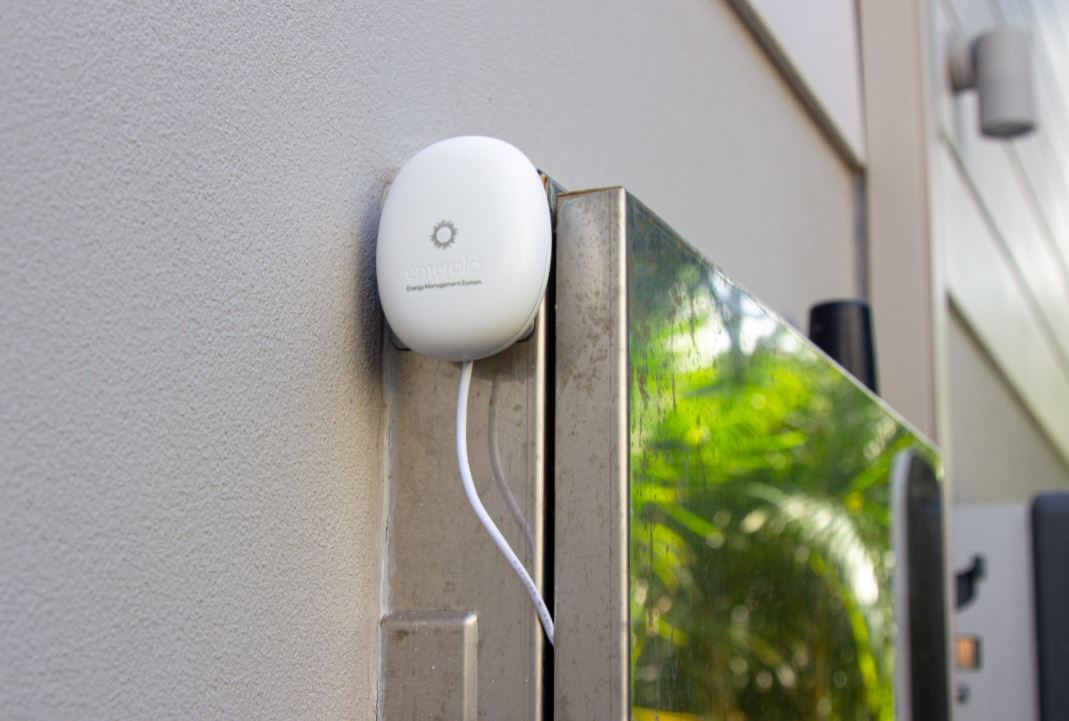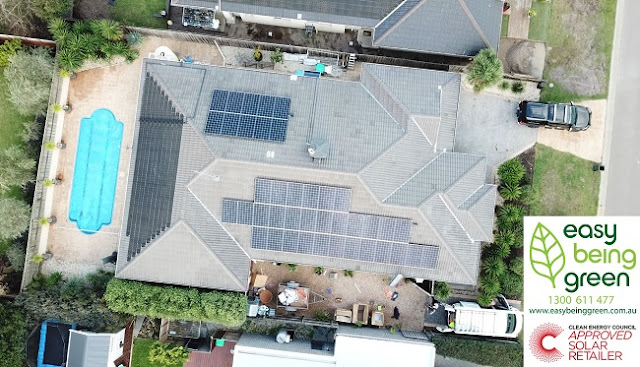Solar energy has emerged as a game-changer in the quest for sustainable and renewable energy sources. As technology advances, solar panels and solar power systems are evolving unprecedentedly. In this blog, we will explore the future of solar energy by highlighting the latest trends and innovations shaping the industry and paving the way for a brighter, cleaner future.
-
- Increased Efficiency: One of the most significant trends in solar energy is the continuous improvement in solar panel efficiency. Researchers and manufacturers are working tirelessly to develop panels that can convert a higher percentage of sunlight into usable electricity. These advancements are making solar panels more efficient and cost-effective, from multi-junction solar cells to advanced coatings.
- Energy Storage Solutions: As solar power systems become more prevalent, the need for efficient energy storage solutions becomes apparent. Innovations in battery technology, such as lithium-ion and flow batteries, are revolutionizing how solar energy is stored and utilized. These advancements enable users to keep excess energy generated during the day for use at night or in cloudy weather, enhancing the reliability and stability of solar power systems.
- Smart Grid Integration: Integrating solar power systems with intelligent grids is another significant trend in the solar energy sector. Smart grids allow for real-time monitoring, control, and optimization of energy generation and consumption. This integration enables better management of solar power systems, improved grid stability, and the ability to balance energy demand and supply more efficiently.
- Building-Integrated Photovoltaics (BIPV): BIPV is a rapidly growing field that combines solar panels with building materials, seamlessly integrating solar energy generation into architectural design. BIPV not only maximizes solar energy utilization but also enhances the aesthetics and functionality of structures. Solar panels can be incorporated into windows, roofing materials, facades, and even walls, transforming buildings into active energy generators.
- Floating Solar Farms: To overcome land constraints and harness the untapped solar potential, floating solar farms are gaining popularity. These floating arrays are installed on bodies of water, such as reservoirs or lakes, and offer numerous benefits. They not only utilize unused water surfaces but also reduce water evaporation, enhance the efficiency of solar panels through natural cooling, and provide environmental benefits by lowering land usage.
- Solar-Powered Transportation: Solar energy is also entering the transportation sector. Solar-powered vehicles, such as cars, buses, and boats, are being developed with integrated solar panels to provide an additional source of clean energy for propulsion. This innovation reduces reliance on fossil fuels, decreases carbon emissions, and contributes to a more sustainable transportation system.
- Artificial Intelligence (AI) and Machine Learning: The application of AI and machine learning algorithms is revolutionizing the monitoring, optimization, and maintenance of solar power systems. These technologies enable real-time performance analysis, predictive maintenance, and automated fault detection, improving efficiency, reducing downtime, and enhancing overall system performance.
conclusion
The future of solar energy holds immense promise as technological advancements continue to reshape the industry. The possibilities are vast, from increased efficiency and energy storage solutions to intelligent grid integration and building-integrated photovoltaics. The development of floating solar farms and solar-powered transportation further expands the horizons of solar energy utilization. Additionally, integrating AI and machine learning brings unprecedented capabilities in monitoring and optimizing solar power systems.
As we witness these exciting trends and innovations unfold, it’s clear that solar energy will play a pivotal role in our transition to a sustainable and low-carbon future. By embracing solar power, we can reduce our dependence on fossil fuels, mitigate climate change, and create a cleaner and greener planet for future generations.




